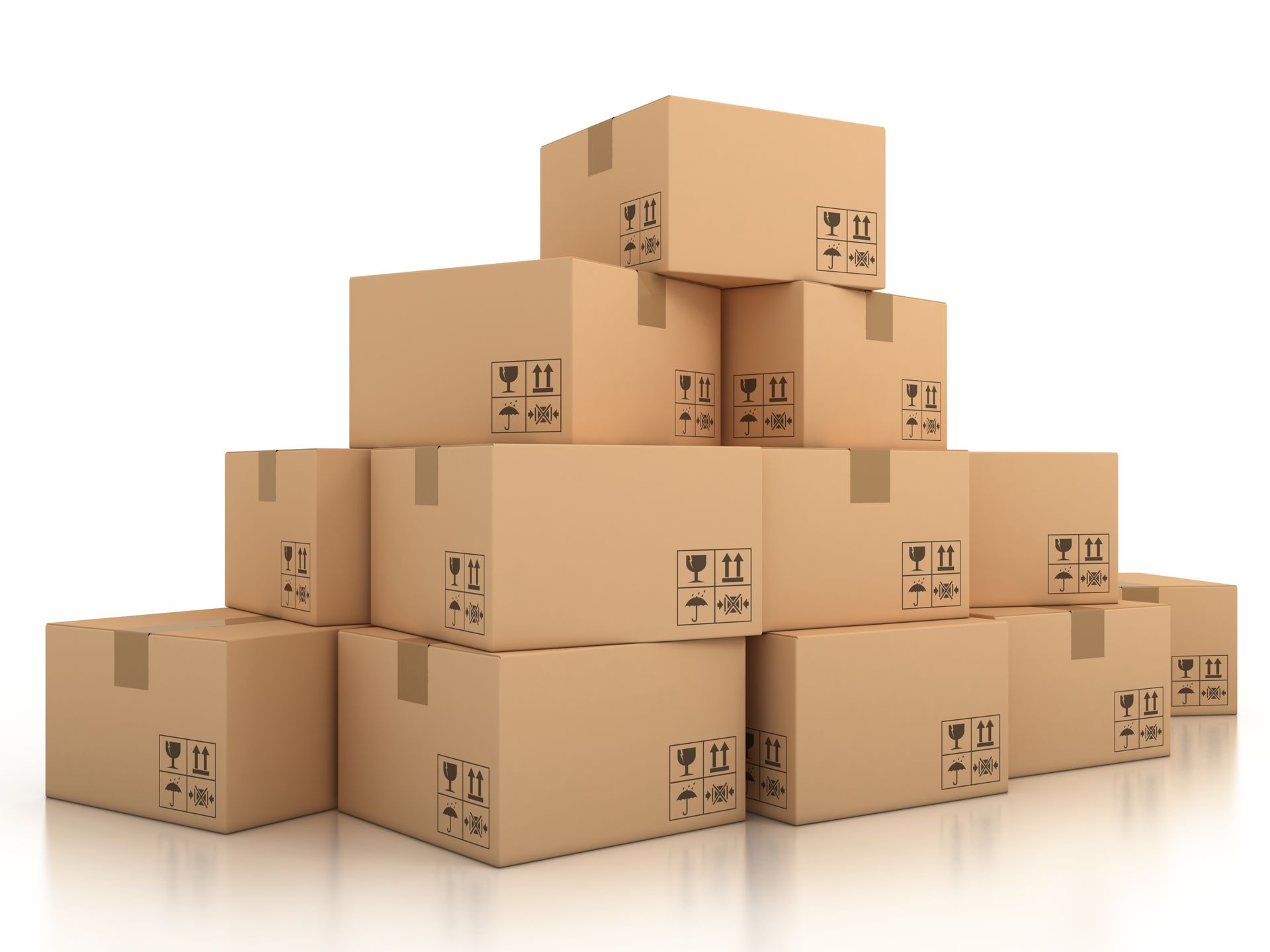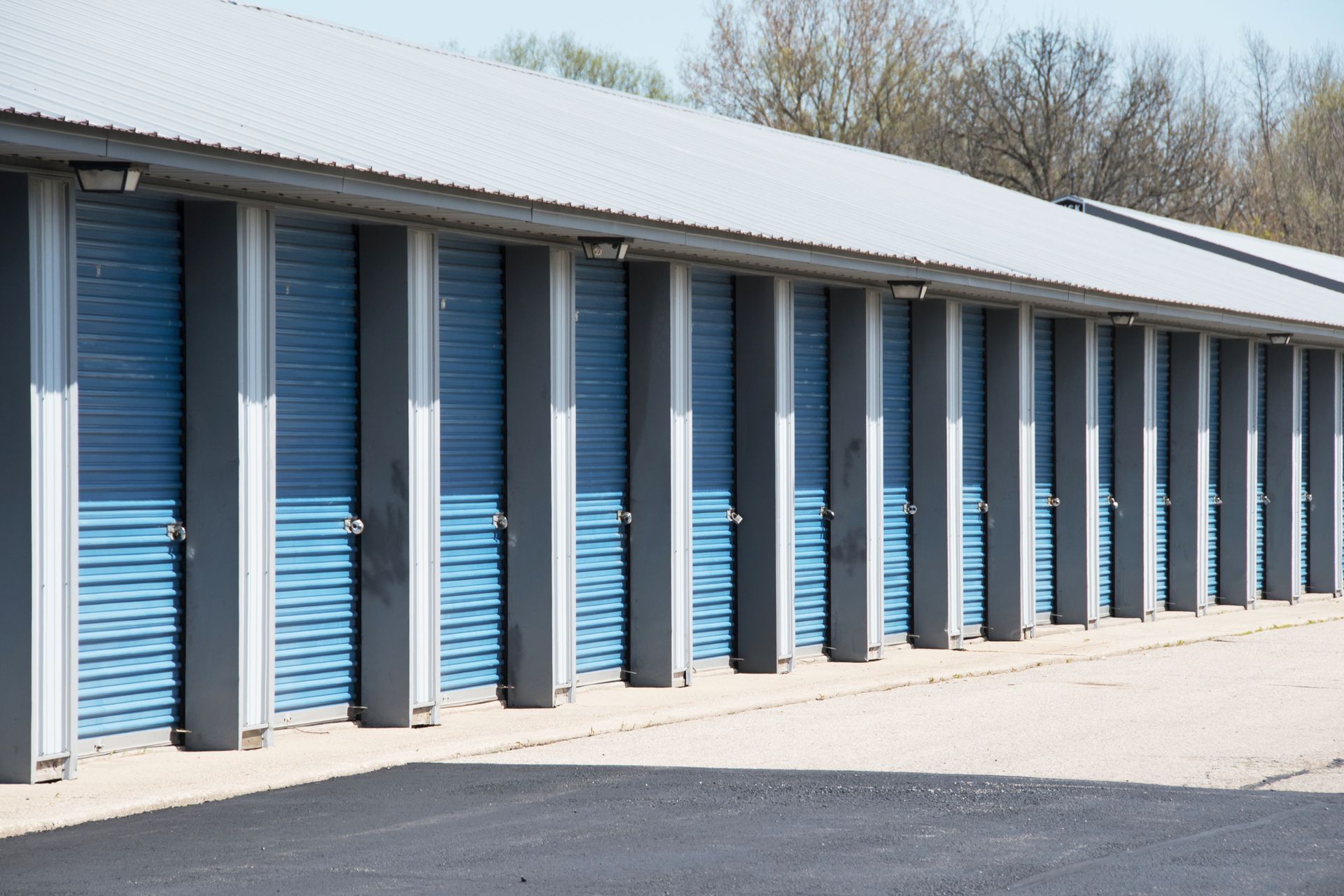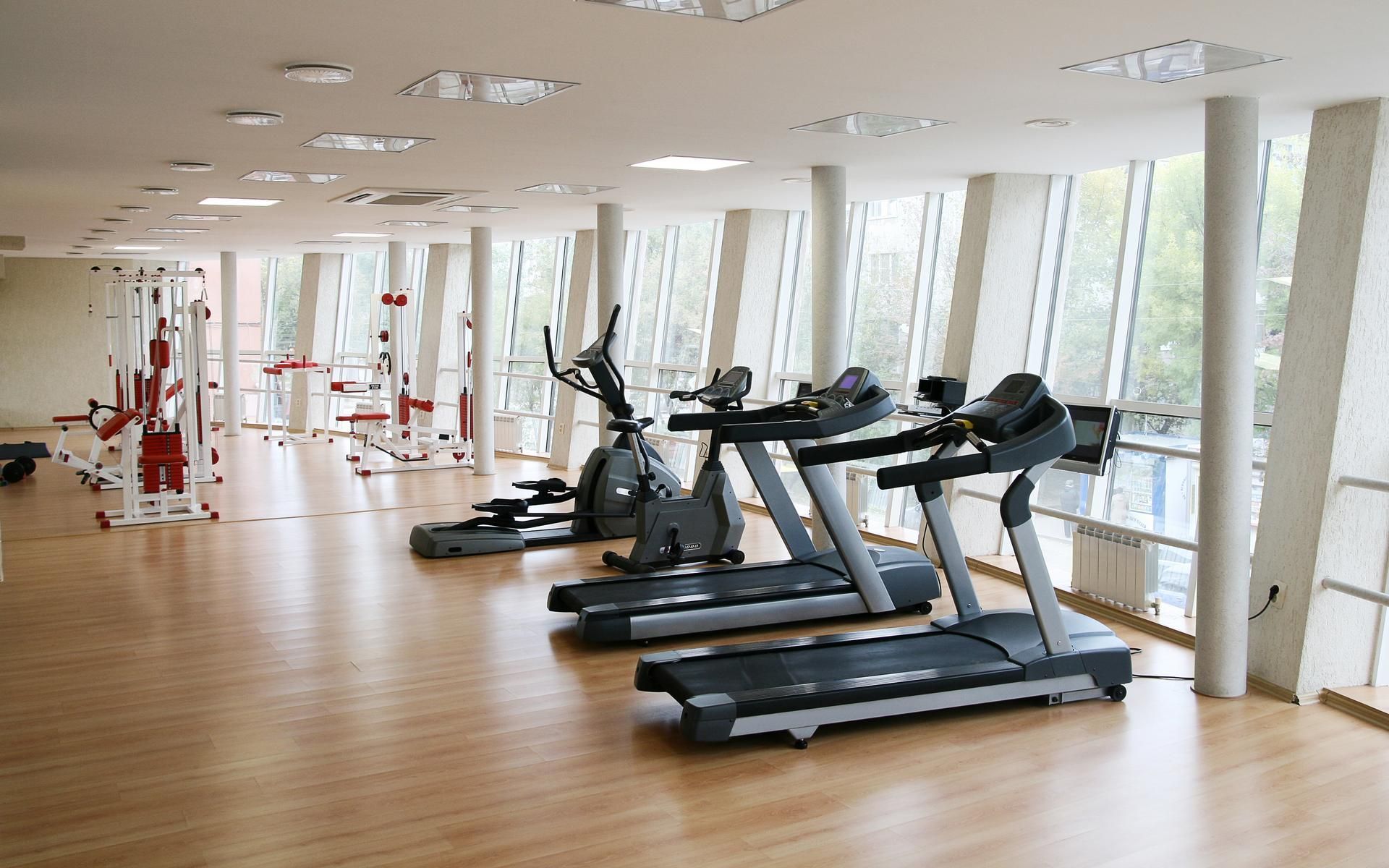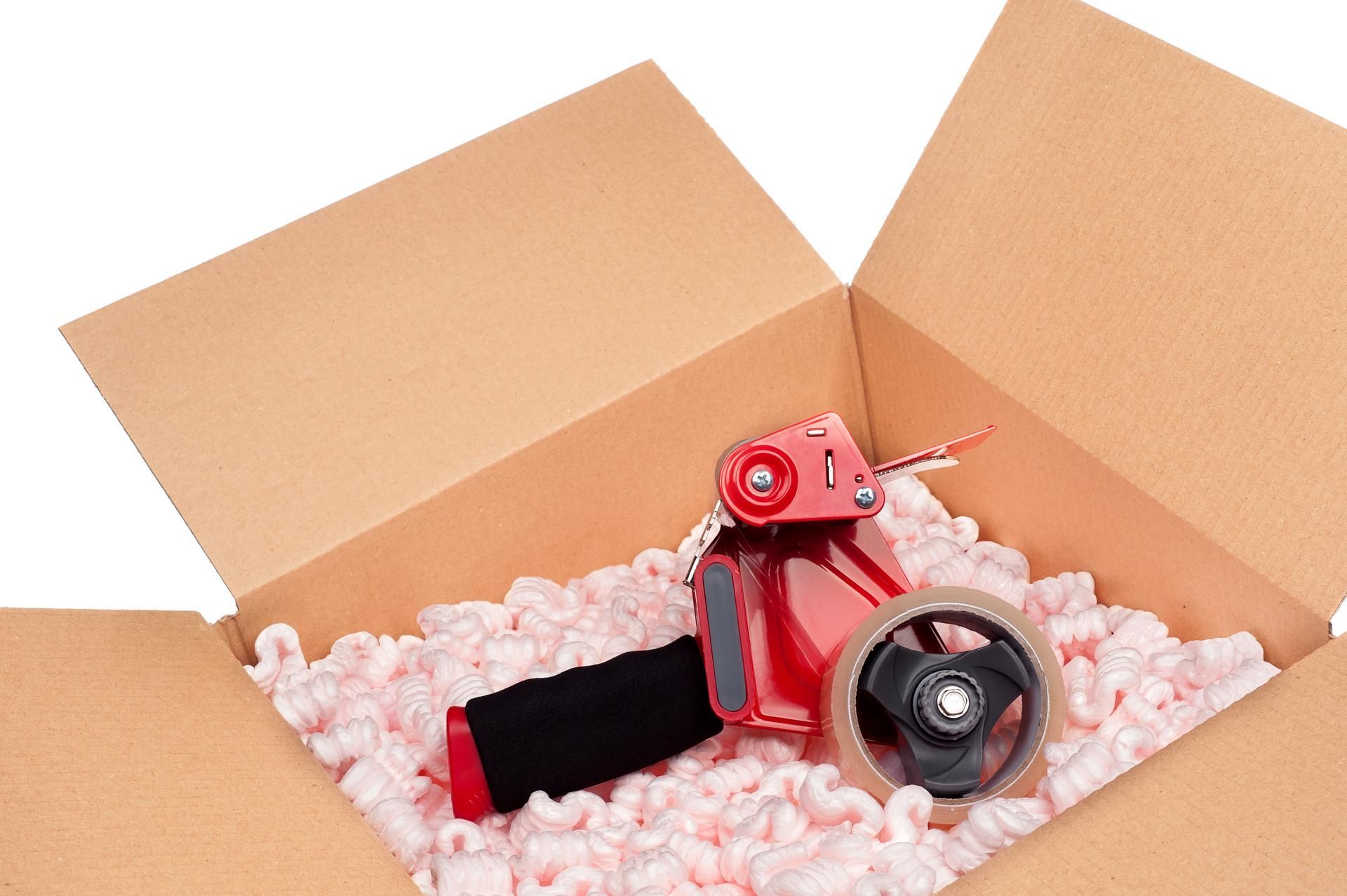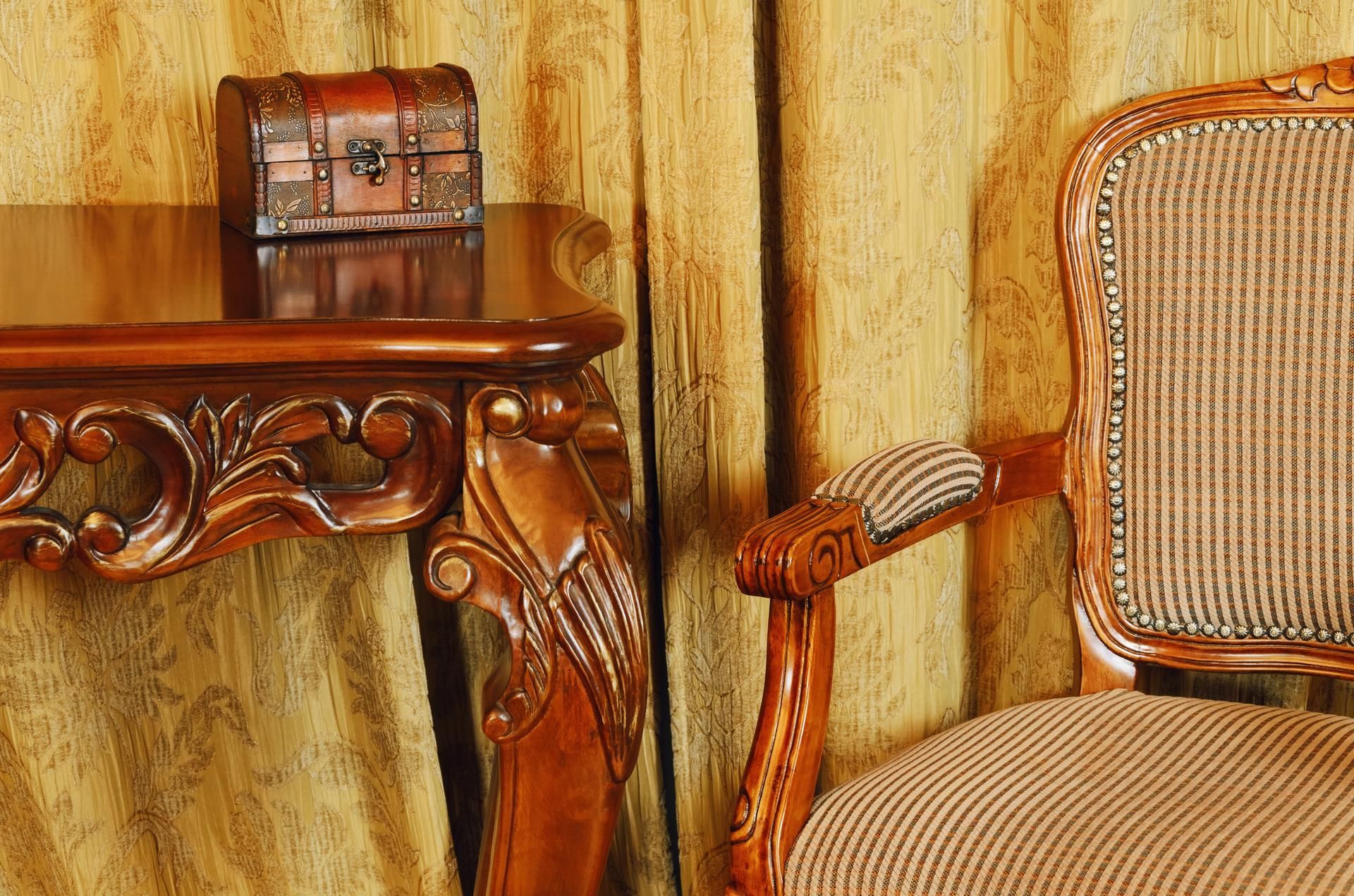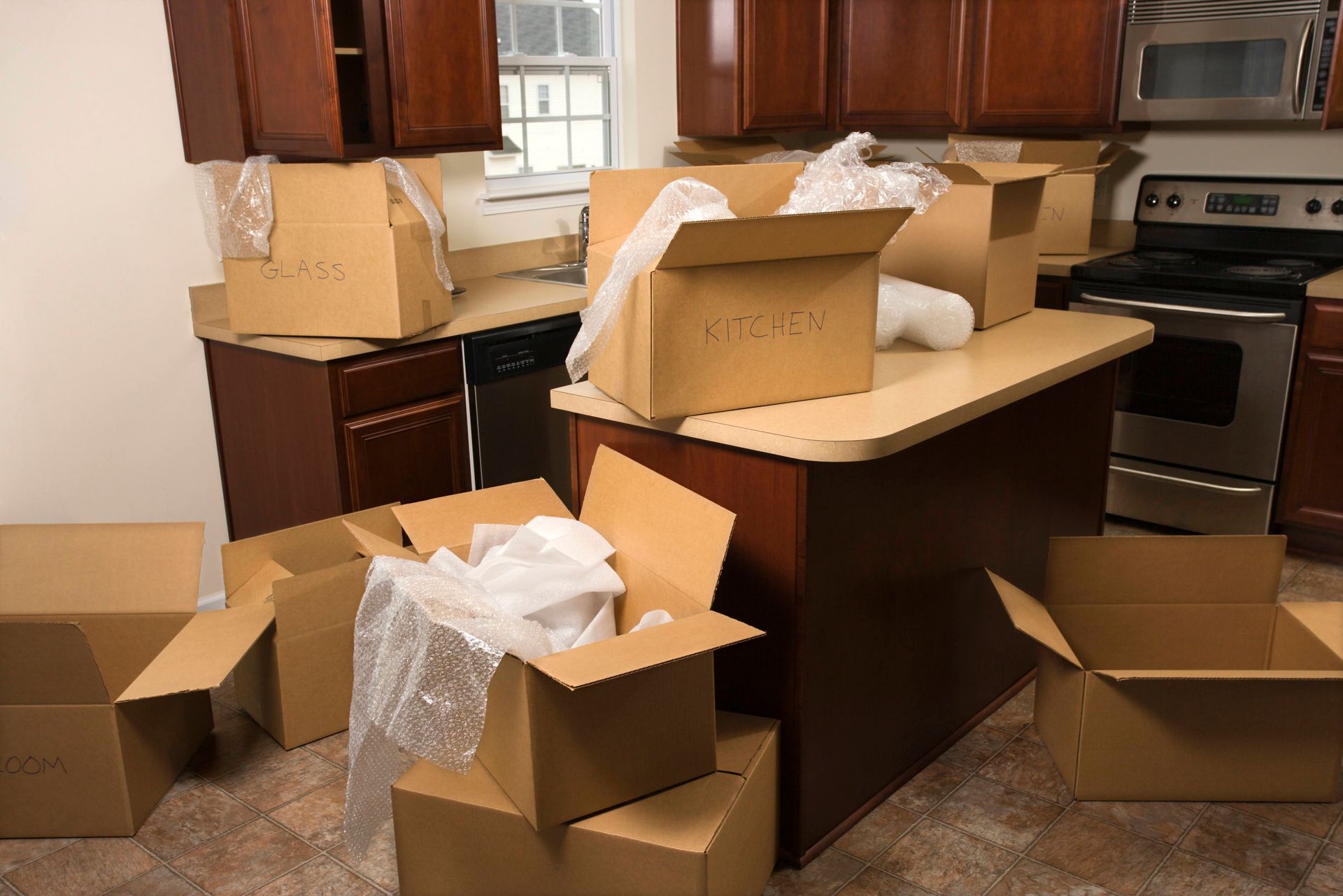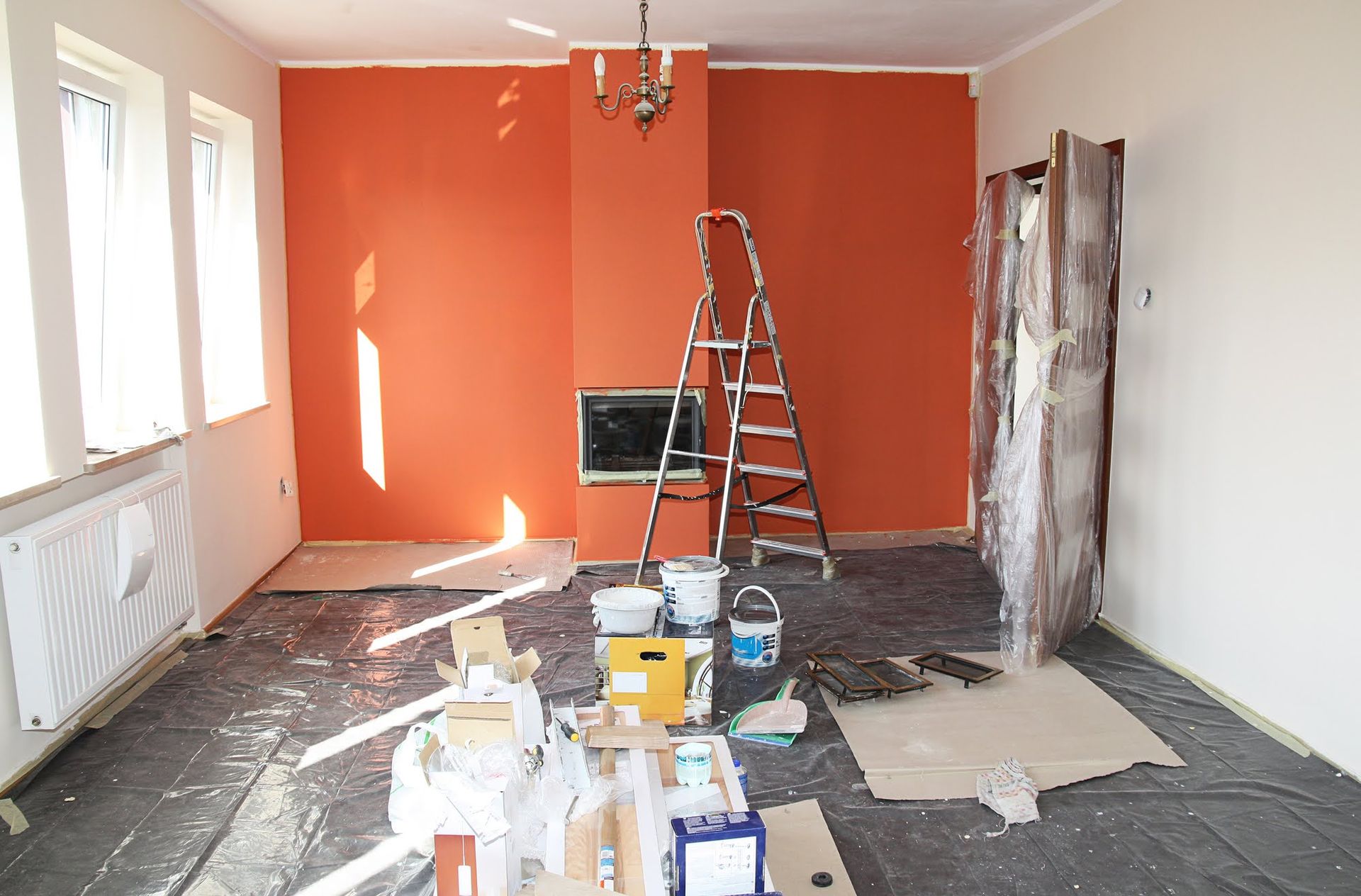1200 Downey Drive Vienna, VA 22182
Tips for Keeping Electronics Safe in a Storage Unit

A storage unit is a good option if you have more possessions than you can comfortably store in your home. When storing your electronics in a storage unit, whether phones, computers, televisions, or any other device, prepare them for storage. By doing so, you will help preserve their functionality and durability.
The following precautionary pointers can help you protect your electronics in a self-storage unit.
Use Original Boxes If Possible
Like many consumers, you probably have the original packaging for one or two of your electronics lying around in the house. The original packaging material used during shipping is best designed to protect the items over long distances.
Original packing materials have inserts and packaging that fit the electronics devices best. The boxes will hold up well under most storage conditions and should keep your electronics organized and protected.
Clean Your Devices
Electronic devices gather a lot of dust and dirt over time. Dust can cause a device to jam and render the interface cables and expansion slots unusable.
Fortunately, cleaning electronic equipment is not complex, and you can do it on your own. You can use isopropyl alcohol to give your devices a proper cleanup before storage to prevent the buildup of grime.
Remove All Batteries
Many household gadgets are battery-powered. However, batteries can be hazardous if not stored with care.
Storing batteries is sometimes dangerous and not advisable, especially if you store devices for months or years. Batteries stored long-term can leak, explode, and ruin your devices.
If you have to store an electronic device with an integrated battery, disconnect the battery and replace it with a new one later.
Sort and Label Wires and Cables
Computers, DVDs, and other home electronics have many cords. When storing electronics, try putting all device components together with their respective cables. This practice makes it easy for you to keep your cables in good condition and quickly find them when necessary.
You can also label your cords and accessories to avoid uncertainty and keep yourself organized. For easy reassembly later, take pictures of the device with all its connectors before you unplug.
Consult the Manual
The manual manufacturers provide has the best information on storing your electronic device. The manual is mostly within the original packing box; if not, you can easily find it online.
The manual contains essential considerations on the temperature constraints and packing requirements. If your device is still under warranty, heed your manufacturer's advice so you do not void the warranty.
Store Them in a Climate-Controlled Environment
Many electronic devices require optimum humidity and temperature to ensure longevity. The best storage unit should be dry and climate-controlled, providing a suitable ambient climate.
Set your thermostat to the right temperature to prevent issues with condensation, rust, and moisture damage.
Not everything you store needs to be climate-controlled. Therefore, check the manual for specific device storage instructions. For instance, a printer needs room temperature storage because cold temperatures can freeze the ink.
Use Padding, Bubble Wrap, or Blankets
Sufficient padding protects them by ensuring your devices do not move around in the box during transportation. If you do not have access to the original Styrofoam that came with the device, buy some bubble cushions or use blankets or towels.
Whether you plan on moving or just need some extra space, storing electronics does not have to be a hassle. By following the above tips, you can keep your electronics with the assurance that nothing wrong will happen to them. Contact us today for more information on protecting your electronics and any other items you need to put in storage.
Browse our website
Contact Information
Reston/Great Falls Location: Tel: 703-759-5400
1200 Downey Drive Vienna, VA 22182
E-mail: tysonsstorage@earthlink.net
- Sunday
- -
- Mon - Sat
- -




Our Location
Contact Information
Reston/Great Falls Location:
Tel: 703-759-5400
1200 Downey Drive Vienna, VA 22182
Reston/Great Falls Location: Tel: 703-759-5400
1200 Downey Drive Vienna, VA 22182
E-mail: tysonsstorage@earthlink.net
- Sunday
- -
- Mon - Sat
- -





